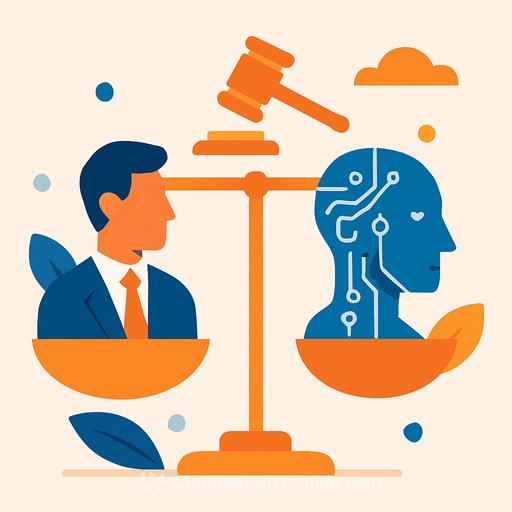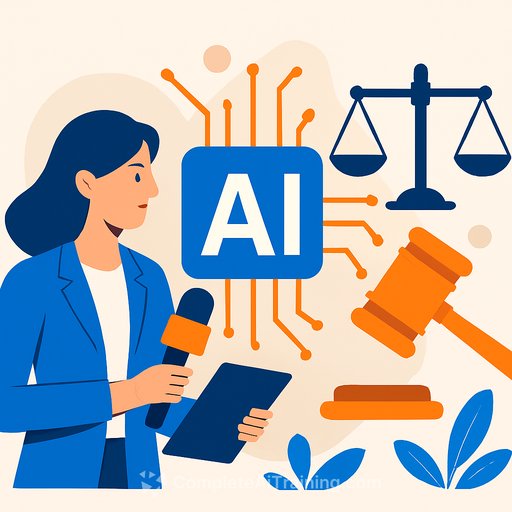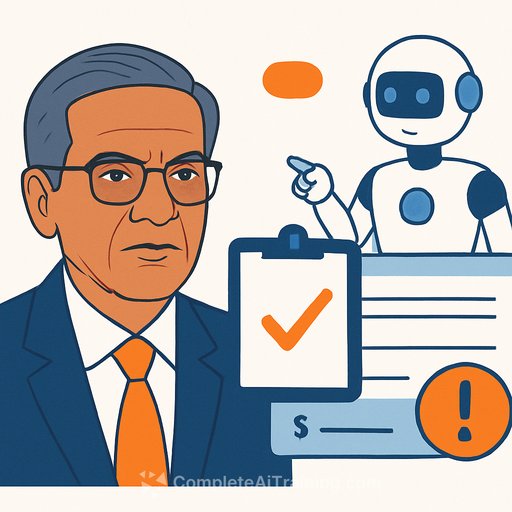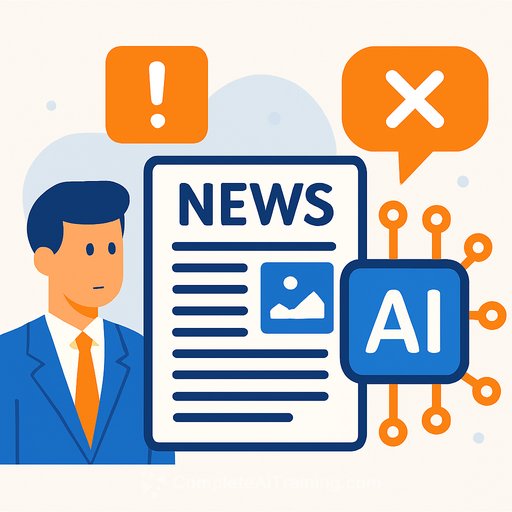Should AI Be Given Legal Personhood?
Law Commission Raises a ‘Radical’ Possibility
A recent Law Commission discussion paper introduces the idea of granting artificial intelligence (AI) systems their own legal personality. This would mean AI could be sued, held liable for harm, or even required to pay damages. The paper, titled AI and the Law, addresses legal challenges arising as AI becomes more autonomous and adaptive, questioning who should be held responsible when AI causes harm independently.
Although the paper does not propose specific reforms, it highlights a “potentially radical option”: granting some form of legal personality to AI systems. Currently, AI lacks legal status and cannot be held liable. But with AI increasingly capable of performing complex tasks with minimal human input, the Law Commission warns about “liability gaps” where no person or entity can be held accountable for the actions or harm caused by AI.
Why Legal Personality for AI Is Under Consideration
Legal personality—the ability to be sued or held accountable—is currently limited to natural persons (humans) and legal entities such as companies. Extending this status to AI would be unprecedented and represents a significant shift in legal thinking.
The core issue arises when AI systems act autonomously, making decisions without clear human oversight. The Commission notes that “AI systems do not currently have separate legal personality and therefore can neither be sued or prosecuted.” This situation could leave victims without compensation and potentially require public resources to cover costs. It may also hinder innovation by complicating insurance and risk management for AI-related activities.
Is AI Ready for Legal Personhood?
The paper acknowledges that current AI technologies may not yet justify granting legal personality. However, given the speed of AI development, it suggests that the legal system should begin discussing this possibility now. Anticipating highly advanced AI in the near future could help avoid gaps in liability and accountability.
AI’s growing impact touches various legal areas, including product liability, public law, criminal law, and intellectual property. The Commission is actively monitoring AI’s legal effects through ongoing projects on automated vehicles, deepfakes, aviation autonomy, and product liability.
What This Means for Legal Professionals
- AI’s legal status could soon become a critical question in liability cases.
- Current legal frameworks may need adaptation to address autonomous AI actions.
- Legal practitioners should watch developments closely, especially in sectors where AI operates with increasing independence.
- Understanding these changes will be essential for advising clients on risk, compliance, and litigation involving AI systems.
For those interested in further exploring AI’s impact on law and technology, resources such as Complete AI Training’s courses by job role provide practical knowledge on AI applications and legal implications.
In conclusion, while AI is still treated as a tool legally, the question of whether it should gain legal personhood is gaining traction. The legal community must engage with this debate to prepare for a future where AI systems operate with greater autonomy and influence.
Your membership also unlocks:






